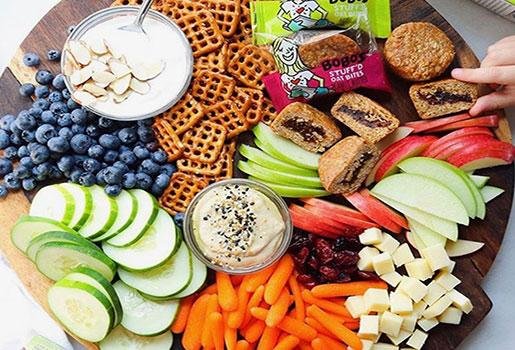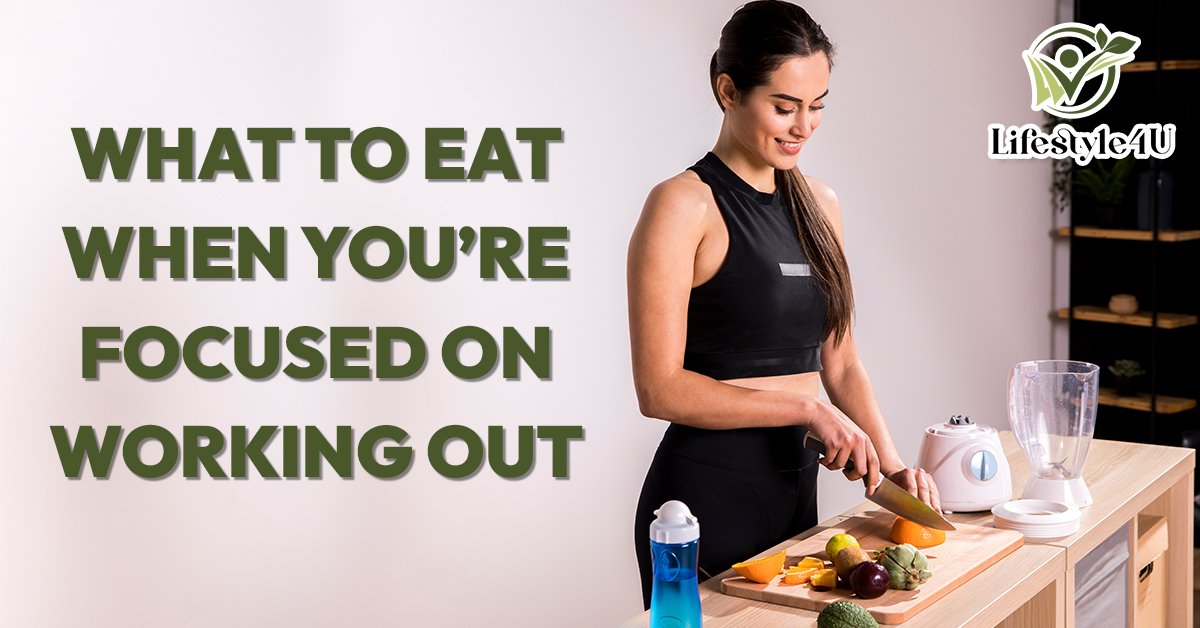Pre-Workout Nutrition
Eating the right foods before a workout is crucial. Your body needs fuel to perform at its best. Opt for carbohydrates and proteins. Whole grain toast with peanut butter is an excellent choice. Another option is a banana with a scoop of protein powder.
Post-Workout Recovery Foods
After a workout, your body needs nutrients to recover. Focus on protein and carbs. Grilled chicken with quinoa and vegetables works well. A smoothie with Greek yogurt and berries is also beneficial. These foods help repair muscles and replenish glycogen stores.
Hydration is Key
Staying hydrated is essential when working out. Drink water before, during, and after exercise. Coconut water can also be a good option. It provides electrolytes that help maintain fluid balance. Avoid sugary drinks as they can dehydrate you.
Healthy Snacks for Energy

Healthy snacks can provide a quick energy boost. Nuts and seeds are great options. They are rich in healthy fats and protein. Another snack idea is a piece of fruit with a handful of almonds. These snacks are convenient and nutritious.
Balanced Meals for Sustained Energy
Eating balanced meals ensures sustained energy throughout the day. Include lean proteins, whole grains, and vegetables in your meals. Salmon with brown rice and steamed broccoli is a perfect example. Balanced meals help maintain energy levels and support muscle growth.
Avoiding Processed Foods
Processed foods can hinder your workout progress. They often contain unhealthy fats, sugars, and additives. Stick to whole foods as much as possible. Fresh fruits, vegetables, lean meats, and whole grains should be your go-to options.
Incorporating Healthy Fats
Healthy fats are vital for energy and overall health. Avocados, nuts, and olive oil are excellent sources. They provide long-lasting energy and support cell function. Include a portion of healthy fats in each meal for optimal performance.
Importance of Protein
Protein is essential for muscle repair and growth. Incorporate lean meats, fish, eggs, and legumes into your diet. Protein shakes can also be beneficial, especially post-workout. Aim to include protein in every meal to support your fitness goals.
Carbohydrates for Fuel
Carbohydrates are your body’s main energy source. Opt for complex carbs like oatmeal, sweet potatoes, and whole grains. These provide a steady release of energy. Avoid simple carbs like sugary snacks and white bread which cause energy spikes and crashes.
Vitamins and Minerals
Vitamins and minerals play a crucial role in energy production and recovery. Leafy greens, nuts, seeds, and fruits are rich in essential nutrients. Incorporate a variety of these foods to ensure you get a balanced intake of vitamins and minerals.
Listening to Your Body

It’s important to listen to your body’s signals. If you’re hungry, eat something nutritious. If you’re not, don’t force yourself to eat. Your body knows what it needs. Pay attention to how different foods make you feel and adjust your diet accordingly.
Planning Your Meals
Planning your meals can help you stay on track. Prepare your meals in advance to avoid unhealthy choices. Batch cooking and meal prepping are great strategies. This ensures you always have healthy options available.Setting Realistic Goals
Setting realistic goals is crucial for success. Understand your body’s needs and limitations. Consult with a nutritionist or fitness expert if needed. Establish achievable targets for your workouts and adjust your diet accordingly.
Seeking Professional Guidance
If you’re unsure about what to eat or how to optimize your nutrition for workouts, seek professional guidance. A nutritionist or dietitian can create a personalized plan based on your goals and dietary preferences. They can also provide valuable insights and support along your fitness journey.
Experimenting with Different Foods
Don’t be afraid to experiment with different foods and recipes. Variety is key to a balanced diet. Explore new ingredients, cuisines, and cooking methods. You may discover new favorites that not only nourish your body but also enhance your enjoyment of meals.
Prioritizing Rest and Recovery
In addition to nutrition, prioritize rest and recovery. Proper sleep and relaxation are essential for muscle repair and growth. Allow your body time to recover between workouts, and listen to any signs of fatigue or overtraining.
Staying Consistent
Consistency is key when it comes to nutrition and fitness. Make healthy eating a habit by planning your meals, prepping snacks, and staying mindful of your choices. Stick to your workout routine and dietary plan, even when faced with challenges or setbacks.
Celebrating Progress

Celebrate your progress and achievements along the way. Whether it’s reaching a fitness milestone, mastering a new recipe, or simply feeling more energized and confident, acknowledge your efforts and successes. Positive reinforcement can help motivate you to continue on your journey.
Conclusion
Optimizing your nutrition for workouts is essential for achieving your fitness goals and maintaining overall health. Focus on pre-workout fuel, post-workout recovery, hydration, and balanced meals. Listen to your body, seek professional guidance if needed, and stay consistent in your efforts. With the right approach to nutrition, you can fuel your workouts, enhance your performance, and enjoy long-term success in your fitness journey.
Frequently Asked Questions
Consuming a balanced meal with carbohydrates, protein, and a small amount of fat 2-3 hours before your workout can provide sustained energy. Examples include oatmeal with fruit and nuts, a chicken and vegetable wrap, or a smoothie with protein powder, banana, and spinach.
Protein is crucial for muscle repair and growth. Aim to include high-quality protein sources like lean meats, fish, eggs, dairy, or plant-based options like beans, lentils, and tofu in your meals. Consuming protein after your workout can help speed up recovery.
For extended workouts, choose easily digestible snacks rich in carbohydrates and some protein to maintain energy levels. Options include energy bars, fruit like bananas or apples, or a handful of nuts and seeds.
Staying hydrated is essential. Drink water throughout the day, aiming for about 8-10 glasses. During workouts, drink small amounts regularly, about 7-10 ounces every 10-20 minutes. For intense or long-duration exercise, consider an electrolyte-rich sports drink.
Post-workout nutrition should include a combination of carbohydrates and protein to replenish glycogen stores and repair muscle tissue. Examples include a turkey sandwich on whole-grain bread, Greek yoghourt with fruit, or a quinoa salad with vegetables and grilled chicken.


